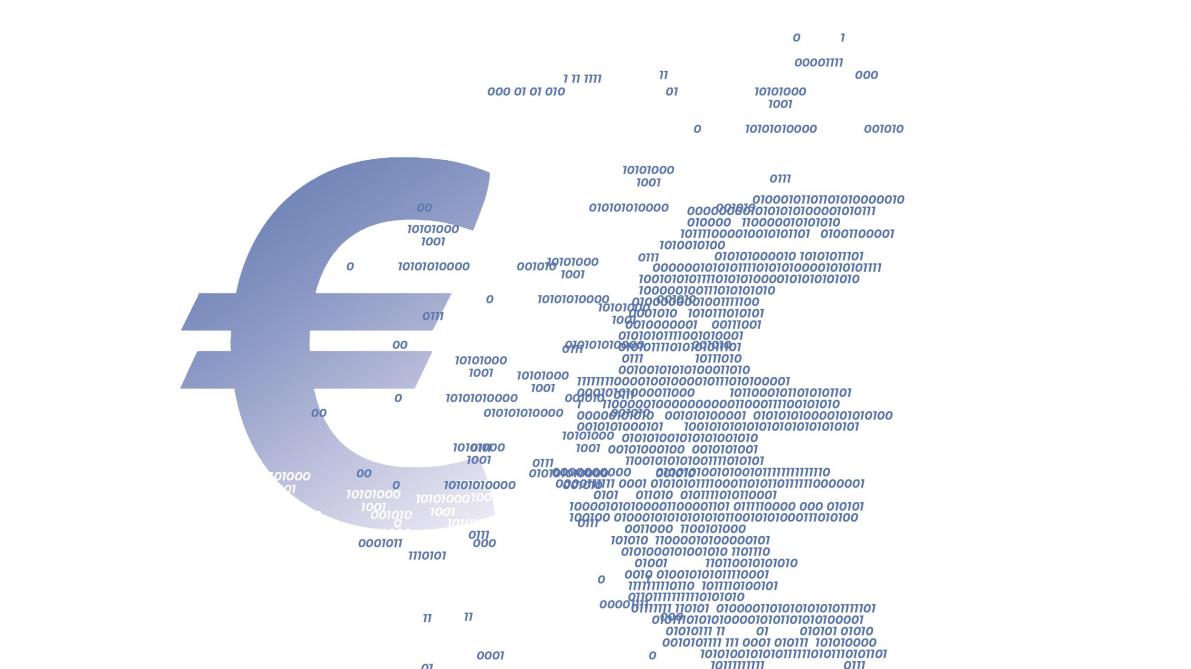New step in the harmonisation of the regulation of crypto-assets

Expected for several months now, harmonised legislation at European level is now taking shape in Europe. Supported by the European Central Bank, it is based on a new licensing model for credit institutions. It should ensure the regulation of the financial system in a context of democratisation of crypto offers.
FACTS
-
The ECB has therefore just announced that it is working closely with European national supervisors to ensure a consistent approach and high standards of security for crypto-asset activities in all countries.
-
This includes new regulatory requirements and the necessary licensing of players in this sector. Banks considering entering the field are also affected.
-
The ECB identifies the risks that will be particularly analysed, and among them, the cybersecurity and operational risks faced by players in the crypto-asset market. The fight against money laundering and terrorist financing is also at the heart of its prerogatives.
-
For banks in particular, the ECB will seek to define their appetite to enter this market based on various criteria:
-
Their business model and suitability for the crypto-asset market,
-
the bank's internal and human capacities to manage such an activity and the related risks
-
the technical (and particularly IT) skills of banks to manage this type of activity.
-
-
However, no specific capital requirements have yet been defined. A precise analysis of the situation should be completed and made public by the end of 2022.
CHALLENGES
-
A protection issue for consumers: The ECB's decision should make it possible to clarify the market while ensuring the highest level of security for consumers and future customers of authorised offers.
-
An expected and necessary regulation: There is currently no harmonised regulatory framework governing crypto-asset activities and services within the European Union. This ECB decision and the finalisation of several regulatory initiatives should put an end to this harmful context.
-
Encouraging technological progress: The ECB's decision is a step in the direction of protecting, but also opening up the historical regulatory institutions to technological developments, including potentially disruptive ones, in a context of free competition.
MARKET PERSPECTIVE
-
Although the market has not been quite up to scratch in recent weeks following a drastic fall in the price of Bitcoin in particular, crypto-assets are still considered to be alternative assets of the future. The question of their regulation by the historical and legislative players remains a major one.
-
The ECB is today clarifying its position on this issue, while the European Union partially agreed on this issue last July. Its members then presented a first harmonised, but provisional, regulatory framework for crypto assets, within the MICA and TFR agreements.
-
The Basel Committee on Banking Supervision is also monitoring banks' exposures to crypto-assets and is expected to publish its detailed rules, although it has not yet given a deadline.
-
National initiatives are emerging in the meantime, such as in France where the AMF recently registered Lugh as a PSAN. In Germany, an authorisation from the banking regulator is required to operate crypto-asset related activities. Revolut, for its part, has just obtained a registration in Cyprus for its activity as a service provider on crypto-assets.
-
